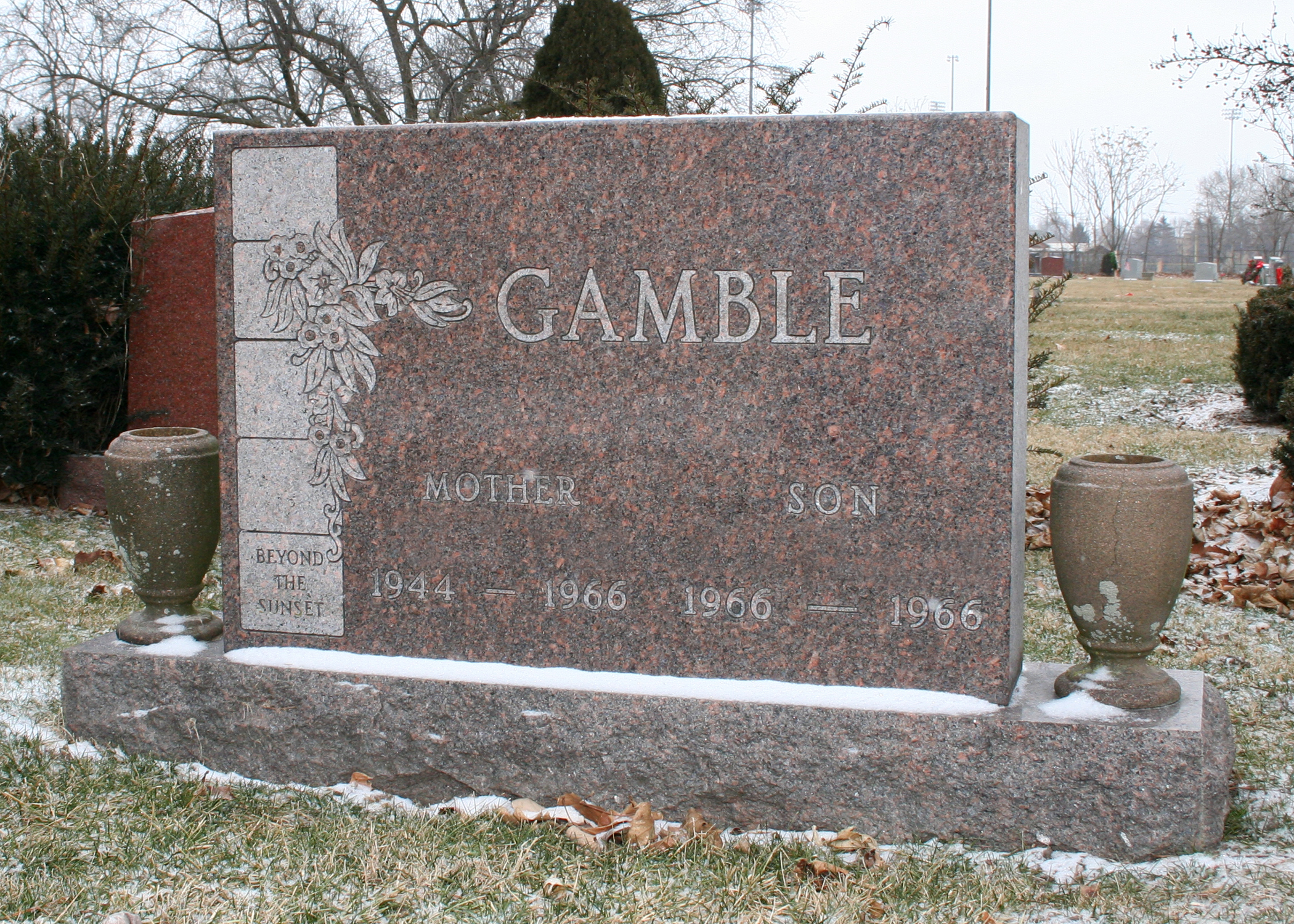
20 Jan Do I still need life insurance?
Photo: click/morguefile.comQ. I have a $500,000 term policy that’s set to expire in a year. My kids are out of college and I have no mortgage. How can I decide if I need a new policy? — Not dead yet
A. The first thing you need to ask yourself is why you bought insurance in the first place.
The answer to your question will depend on your current goals and needs, and what you wanted to insurance to do for your heirs.
“Now that the kids are grown and the mortgage is paid off the question we ask everyone is, ‘What would happen if you died yesterday?'” said Altair Gobo, a certified financial planner with U.S. Financial Services in Fairfield. “Assuming you weren’t here today, what would your family’s financial situation look like? Would your spouse be able to continue her current lifestyle?”
In order to answer these questions, you need to assess your annual expenses, Gobo said. Once you’ve done that you can calculate if your current income meets those needs.
If you are still working, how would that income be replaced if you’re gone?
“If you are retired, you would add your pension — if you have one — Social Security, any retirement plan distributions and any distributions your individual portfolios could maintain,” Gobo said. “Add all of these income sources in order to determine if they would meet your survivor’s needs.”
Depending on where those numbers land, you may not need insurance.
Howard Hook, a certified financial planner and certified public accountant with EKS Associates in Princeton, said you need to ask yourself if anyone is relying on your financial assistance now or in the future.
If the answer is no, then there is no need for life insurance. But if someone is relying on your income or assets, you need to determine if there are other assets they will inherit from you that would be sufficient to make up for what you no longer provided, Hook said. If there are other sufficient other assets then once again the answer would be no need for life insurance.
“Of course even if you determine there is a need for life insurance the cost may at some point become quite expensive which could impair your own ability to retire or maintain your lifestyle in retirement,” Hook said. “In other words, at some point the decision to keep the insurance or let it lapse may be decided for you due to your own financial concerns.”
There’s something else to consider here.
The federal estate tax exemption for 2016 is $5.45 million, or $10.9 million per couple.
The bad news is if you live in New Jersey because the state’s exemption amount is $675,000, Gobo said.
“Although many people will fly under the radar regarding the federal estate tax, many will have to pay the state of New Jersey on anything over $675,000,” Gobo said. “If your estate is worth over $675,000, the tax can certainly be paid from your estate, or you can provide for those proceeds via a life insurance policy.”
Gobo said you may also want to consider having the policy owned by an irrevocable trust in order to keep it out of your estate.
Email your questions to Ask@NJMoneyHelp.com.
This story was first posted in January 2016.
NJMoneyHelp.com presents certain general financial planning principles and advice, but should never be viewed as a substitute for obtaining advice from a personal professional advisor who understands your unique individual circumstances.
